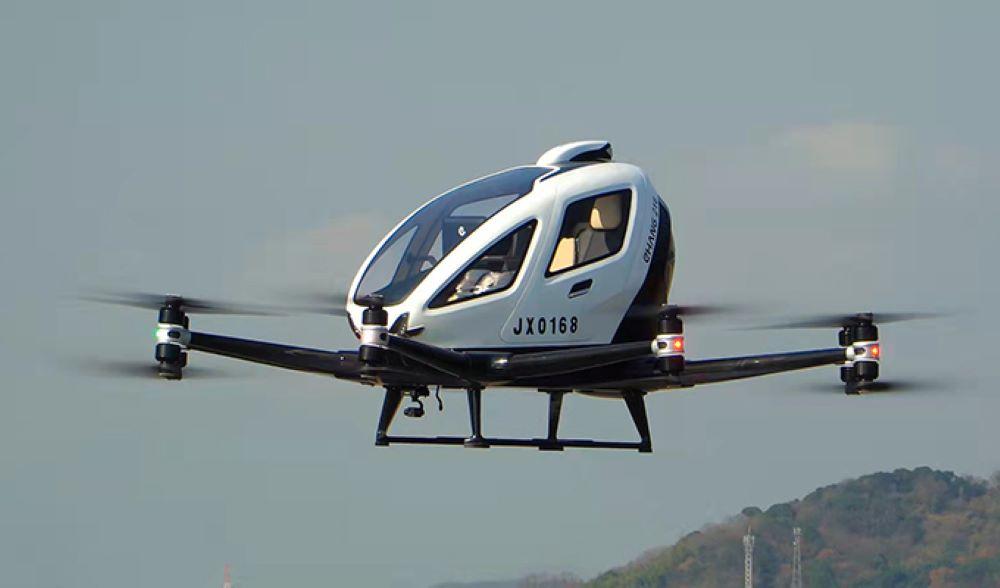
EHang delivered 63 EH216-S autonomous multicopters in the third quarter of 2024.
Credit: EHang
China’s EHang finished this year in the top slot of the AAM Reality Index, reflecting its strong commercial prospects as the only company in the world with a certified passenger-carrying electric vertical-takeoff-and-landing (eVTOL) aircraft. Published bimonthly by SMG Consulting, the AAM Reality...
Subscription Required
EHang Tops Final 2024 AAM Reality Index is published in Advanced Air Mobility Report, an Aviation Week Intelligence Network (AWIN) Market Briefing and is included with your AWIN Premium membership.
Already a member of AWIN or subscribe to Advanced Air Mobility through your company? Login with your existing email and password
Not a member? Learn how to access the market intelligence and data you need to stay abreast of what's happening in the air transport community.





